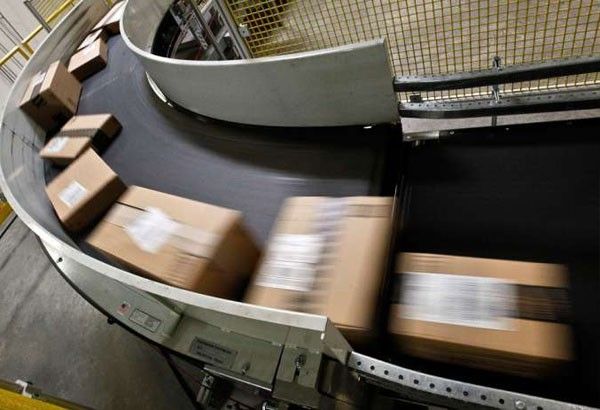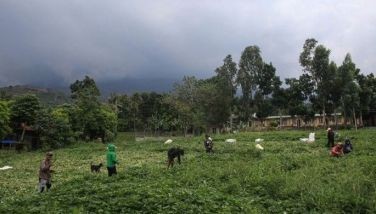US: Corruption in Philippines remains among barriers to trade

“National and local government agencies, particularly Bureau of Customs, are beset with various corruption issues,” the US Trade Representative said. Philstar.com/File Photo
MANILA, Philippines — Corruption continues to be a major headache for the United States when it comes to doing trade with the Philippines, a new report by the Office of the US Trade Representative (USTR) shows.
In its 2018 National Trade Estimate Report of Foreign Trade Barriers, the USTR said corruption remains a “pervasive” issue in the Philippines, which the US intends to continue urging the country to address.
“National and local government agencies, particularly Bureau of Customs, are beset with various corruption issues,” the US agency said.
Similar to its 2017 report, the USTR again highlighted the concern expressed by both foreign and domestic investors about “the propensity of Philippine courts and regulators to stray beyond matters of legal interpretation into policymaking, as well as the lack of transparency in judicial and regulatory processes.”
“Investors have also raised concerns about courts being influenced by bribery and improperly issuing temporary restraining orders to impede legitimate commerce,” the USTR said.
“Reports of corruption and irregularities in customs processing persist, including undue and costly delays, irregularities in the valuation process, 100-percent inspection and testing of some products, and customs officials seeking the payment of unrecorded facilitation fees,” the agency added.
Under President Donald Trump’s leadership, the USTR said it would build upon enforcement efforts and break down foreign trade barriers for American exporters.
The report classifies foreign trade barriers into 10 different categories, which cover government-imposed measures and policies that restrict, prevent, or impede the international exchange of goods and services.
In terms of technical barriers to trade, the US continues to press the Philippine government to remove unjustified requirements that treat frozen meat differently from fresh meat.
The US also seeks to ensure that the Department of Agriculture’s requirement that importers should obtain a sanitary and phytosanitary permit prior to shipment of any agricultural product and to transmit the permit to the exporter, will not hamper trade.
For intellectual property rights protection, the report said US rights holders have expressed concerns about the continued availability of pirated and counterfeit goods in the Philippines, the Department of Justice’s slow investigation of IPR-related cases, and judicial inexperience in handling IPR enforcement cases, both civil and criminal.
The USTR also cited the significant restrictions on foreign investment in the country as a barrier to investment.
But the USTR recognized the government’s efforts through Memorandum Order No. 16 issued by President Duterte in November 2017 directing the National Economic and Development Authority and member agencies to “take immediate steps to lift or ease existing restrictions on foreign participation” in certain investment areas, including certain professional services, construction, retail trade enterprises and domestic market enterprises.
The USTR also deepens its focus on barriers to digital trade, which is seen as a critical element of US competitiveness and a key source of innovation and growth.
“The Philippines requires government agencies to procure cloud computing services from the Government Cloud, a cloud infrastructure set up by the Department of Information and Communications Technology. These restrictions could prevent Philippine government agencies from accessing best-in-class cloud services,” the report said.
“In 2017, the Land Franchising and Regulatory Board prohibited service providers from activating new drivers on their platforms and making those drivers available to provide trips. Other regulations have put maximum limits on dynamic pricing and minimum limits on driver hours. Together, these restrictions limit the value that these services are able to provide to consumers, and undermine the competitiveness of these services vis-a-vis local alternatives,” it added.
- Latest
- Trending



























